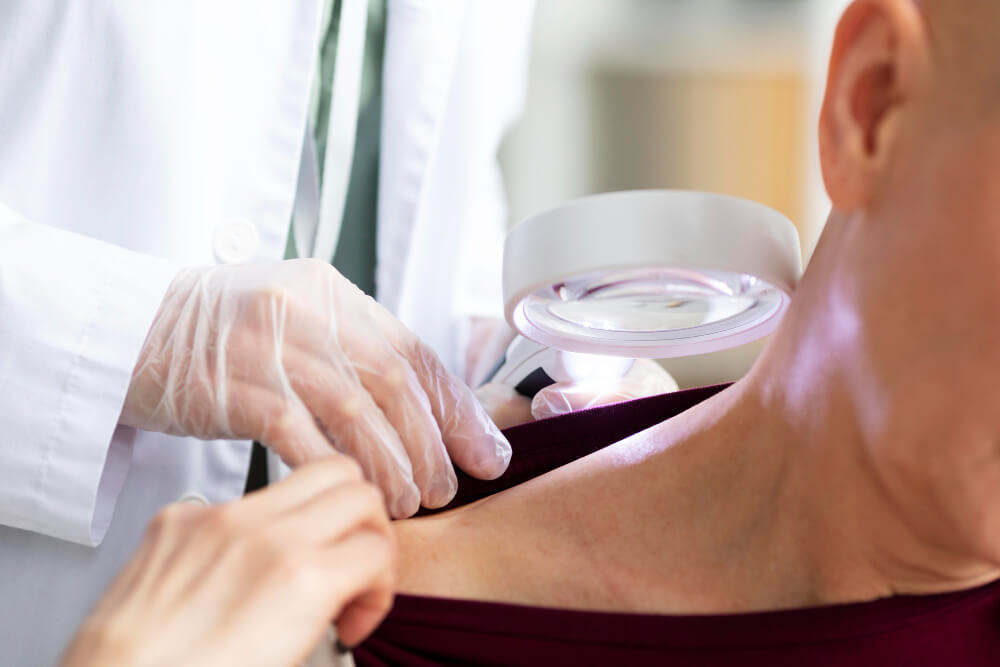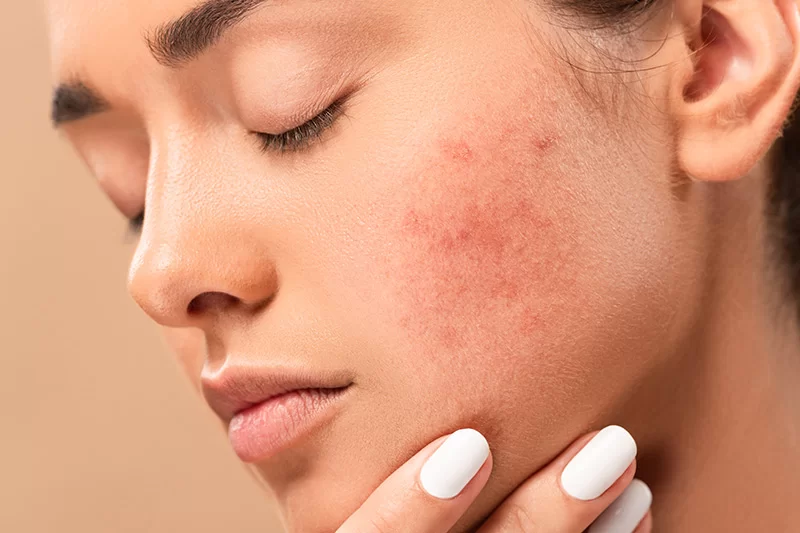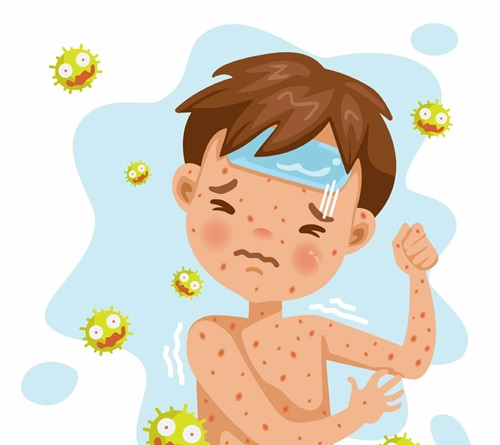
Vitamin E
Vitamin E
Vitamin E is a fat-soluble vitamin that comes in several forms, with alpha-tocopherol being the form utilized by the body. Vitamin E is crucial as an antioxidant against free radicals that can damage cells. It also boosts immunity, helps prevent clot formation within arteries, and contributes to vasodilation.
Recommended daily doses of Vitamin E:
- 4 mg/day for newborns up to 6 months.
- 5 mg/day for infants from 7 to 12 months.
- 6 mg/day for children aged 1-3 years.
- 7 mg/day for children aged 4-8 years.
- 11 mg/day for children aged 9-13 years.
- 15 mg/day for teenagers aged 14-18 years.
- 15 mg/day for adults (both males and females).
- 15 mg/day for pregnant women.
- 19 mg/day for breastfeeding mothers and during adolescence.

Food Sources:
You can naturally obtain Vitamin E from foods as well as dietary supplements. Vitamin E is found in nuts, seeds (like sunflower seeds), and plant oils such as wheat germ oil, sunflower oil, safflower oil, corn oil, and soybean oil, which contain a good amount of Vitamin E. It is also present in peanuts, spinach, kale, pumpkin, red bell peppers, mangoes, avocados, and sunflower sprouts. Nuts are also important sources of Vitamin E (like hazelnuts and almonds).
Symptoms of Vitamin E Deficiency:
Vitamin E deficiency is rare and often occurs alongside deficiencies in other nutrients. It is associated with individuals who have fat digestion or absorption disorders such as Crohn's disease, cystic fibrosis, pancreatic inflammation, or genetic disorders like beta-lipoproteinemia.
Neurological disorders include retinal degeneration leading to vision disturbances, peripheral nerve damage resulting in pain in the upper and lower extremities, loss of sensation in the arms and legs, walking difficulties, ataxia (loss of control over body movements), and weakened immune system.
Toxicity and Vitamin E:
There is no evidence of toxicity occurring with high doses of Vitamin E. Most people naturally consume more than 22 units of Vitamin E through their diet, and many individuals who take supplements containing 400-1000 units of Vitamin E have not experienced any cases of toxicity.
However, the recommended upper limit for daily doses is only 1000 mg. Excessive intake of Vitamin E may be associated with a tendency for bleeding, especially when taking blood-thinning medications. It could also lead to bleeding in the brain (known as hemorrhagic stroke). The maximum dosage for children is lower than this. In a study, it was observed that men who took prolonged high doses of Vitamin E (400 mg/day) were more likely to develop cancer.
Rare gastrointestinal side effects from consuming large amounts of Vitamin E may include diarrhea, vomiting, fatigue, headaches, blurred vision, skin rash, reproductive gland dysfunction, and creatinine bilirubinemia.
Relationship between Vitamin E and Heart Diseases:
Similar to Vitamin C as an antioxidant, Vitamin E contributes to preventing heart and vascular diseases, especially in healthy individuals or those at risk. However, for individuals already affected, there have been no results indicating disease progression prevention.
Relationship between Vitamin E and Cancer:
Some studies suggest that Vitamin E may protect against certain cancers, although there is no definitive proof yet. Studies conflict on the possibility of Vitamin E preventing prostate cancer in male smokers; some claim a role in prostate cancer prevention while others deny any relationship. There are concerns that high doses of Vitamin E may increase the risk of prostate cancer.
Several studies link the role of Vitamin E (alongside Vitamin C, beta-carotene, and zinc) in protecting against macular degeneration. There is no evidence that Vitamin E plays a role in preventing cataracts.
Vitamin E and Alzheimer's:
Taking high doses of Vitamin E may play a role in preventing or delaying the progression of Alzheimer's disease in individuals with mild to moderate Alzheimer's, but these studies are still not confirmed.
Vitamin E and Other Medications:
Inform your doctor or pharmacist about the dietary supplements you are taking to avoid drug interactions:
- Vitamin E can enhance the effectiveness of anti-coagulant medications like warfarin (Coumadin), increasing the risk of bleeding. Stop taking Vitamin E before surgery.
- Vitamin E (similar to Vitamin C) can reduce the effects of statin and niacin medications used to lower cholesterol levels.
- Taking Vitamin E may reduce the effects of chemotherapy and radiation therapy used in cancer treatment.
- Consult your doctor before using Vitamin E if you have a Vitamin K deficiency, as Vitamin E reduces the effects of Vitamin K, diabetes, head and neck cancers, and liver diseases.



